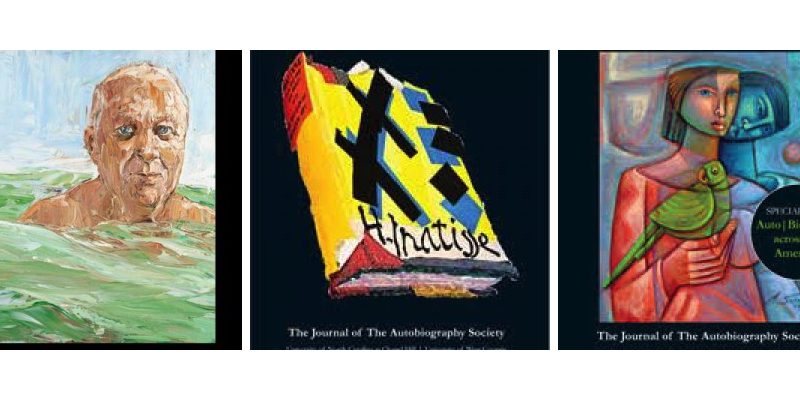Every single student, professor or employee here is aware of how prestigious it is to be at the University of Puerto Rico, Recinto de Mayagüez. But rarely do we hear about the achievements made by various members of our English Department. For example, did you know that a 30 year-old international journal is edited by one of our professors?
I’m referring to a/b: Auto/Biography Studies for which Dr. Ricia Chansky has been the editor (and cover designer) since 2011. This journal consists of peer-reviewed essays and narratives written by a diverse community of scholars on the topic of identity studies, multicultural diversity, and how diversity not only shapes us, but also how it unifies us. As Dr. Chansky points out, we are not a “melting pot of unison,” as our own identities are divided by cultural differences.
She also played a key role in the 2013 “Auto/Biography across the Americas: Reading beyond Geographic and Cultural Divides” conference, which brought together scholars from Canada, the United States, the Caribbean and Latin America to explore how auto/biographical narratives and identity constructions merge, meet, overlap and depart from one another in the Western Hemisphere. An outcome of the conference was the founding of the International Auto/Biography Association – Chapter of the Americas, for which Dr. Chansky was elected Chair of its Steering Committee. Another was a special issue of a/b: Auto/Biography Studies, which she co-edits with Emily Hipchen.
Dr. Chansky teaches the Literature of the English-Speaking Caribbean course (INGL 3318). One of the projects for this course focuses on the fact that there isn’t enough contextual information about the Caribbean and all the circumstances surrounding this literature, like we do have a great deal of contextual knowledge about how the world was in Shakespeare’s time, for example. And this precisely is what the course is trying to challenge. We don’t know enough about our Caribbean roots and this is emphasized and researched in the class.
As we concluded the interview, Dr. Chansky wanted to thank and recognize those members of our department who are part of these wonderful projects: Sophia Caraballo, Daysha Pinto, Karla Marie Rodriguez, Fernando Correa, and Dr. Jocelyn Géliga, for example, all contributed to the most recent issue of the journal, 30.1 Spring 2015. All she wanted was her students to shine, not her. Here we have a live example of dedication and successful team work.
“Literature is not confined only to books”, she stated, meaning that we can find literature everywhere: it surrounds us and we should be curious enough to find more about our roots, which make us who we are. Both the class and the journal encourage us to research about our history as a culture and individuals.

